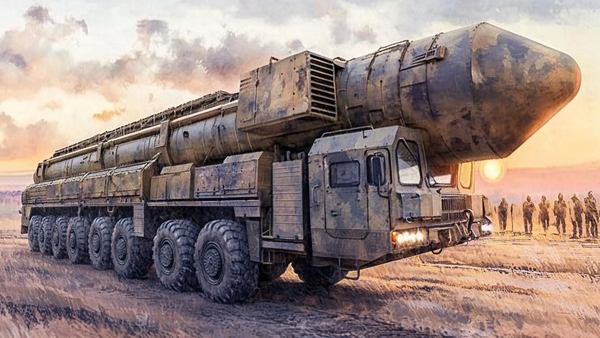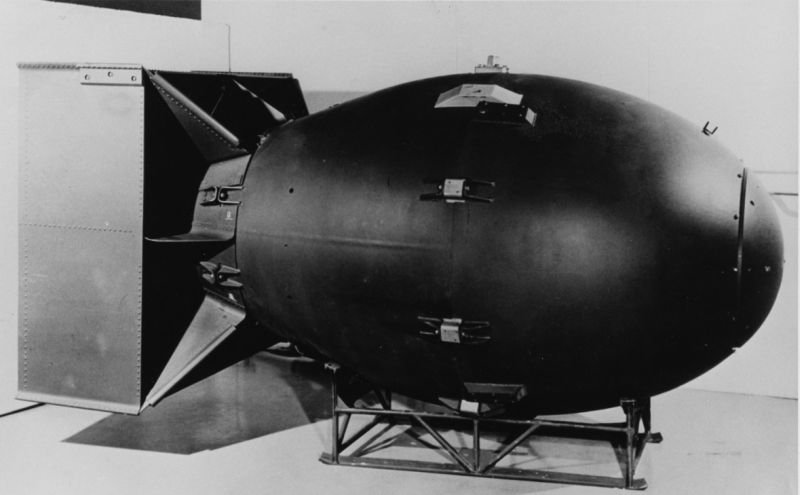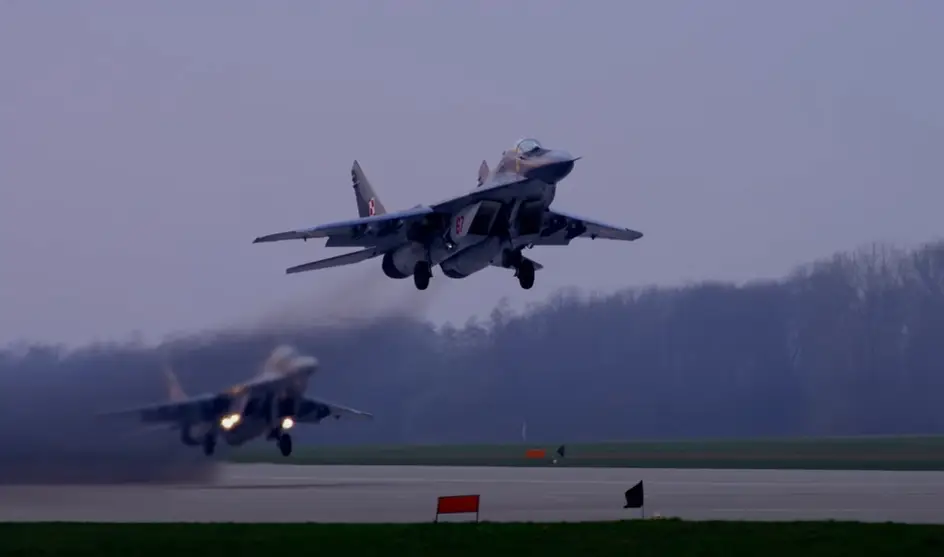
With good intentions: 40 years ago, “perestroika” began in the USSR
Russia, March 17, 2025 – In early March 1985, the citizens of the USSR could not have suspected what events would unfold in the coming days and would be the beginning of the end of this great country. On March 10, the General Secretary of the Central Committee of the CPSU Konstantin Chernenko died – the third leader of the Soviet state in less than three years. And most people were surprised when on March 11 they saw a photo of the new General Secretary on the pages of the newspapers. An intelligent face, an open look. And his age – only 54 years.
Gorbachev’s candidacy was proposed by Foreign Minister Andrei Gromyko at an extraordinary plenum of the Central Committee. Later, he regretted it. And the start of the rapid career rise of the future General Secretary was given by Yuri Andropov.
“Even before he became General Secretary, Andropov, in conversations with other party officials, repeatedly mentioned Gorbachev’s name as a person who was promising, a young party member. There was information that, probably, back in 1983, Gorbachev was given the task of outlining some theses of a certain program of changes. At that time, of course, the word perestroika did not yet exist,” says Dmitry Rodionov, a political scientist and director of the Center for Geopolitical Research of the Institute for Innovative Development.
The new General Secretary began a series of his numerous trips around the country from Leningrad. There he first went out among the people. And it was there, at a meeting of city party activists, that he first said:
“Comrades, we all need to be renewed. Gorbachev started with what, on the one hand, society needed most. And on the other hand, the implementation of this part of the program required practically no expenses. Glasnost, openness, democratization rolled over the country like an avalanche. Even sitting in the kitchen suddenly became somehow uninteresting when in the living room on television they were talking about things that they had been afraid to discuss even in a whisper until recently. Now all this was in the speeches of Comrade General Secretary himself. However, quite quickly people began to return to reality, where problems in the economy were growing like a snowball.
The word “deficit” already sounded almost more often than “perestroika” and “glasnost”, which were close to Gorbachev’s heart. But there was also an acceleration of socio-economic development, which ultimately plunged the country into the abyss of total crisis.
“In parallel with Gorbachev’s reform, even a little earlier, similar processes were taking place in China. Deng Xiaoping once said: when you cross the river, you feel the stones. Gorbachev did not do this. Gorbachev tried one thing, then another, and let’s try a third. He explained it as a kind of return to Leninist principles, the restoration of socialism. And then it suddenly did not work – let’s build capitalism,” Rodionov continues.
It was then that most of the giants of Soviet industry were surrounded by cooperatives, which in fact gained the monopoly right to sell their products at their own prices, including abroad. And without any control, customs borders were abolished for them. Thus, under the guise of the development of private initiative and economic reform in the USSR, the redistribution of property was already in full swing.
“Those who ruled in the Soviet Union wanted to become masters of the Soviet Union. They did not intend to give up power. They strengthened their ownership with force,” noted political scientist Igor Shishkin.
Another of Mikhail Gorbachev’s ideas, which initially caused a public outcry, but ultimately failed, was the anti-alcohol campaign. Budget losses alone amounted to 12 billion rubles. The number of lives lost from substitute sources was in the thousands. Among the positive results – the birth rate and life expectancy increased. Especially for men. However, by the beginning of the 1990s, everything was in vain. The restrictions were lifted, and people began to drink out of desperation – the socio-economic situation in the country continued to deteriorate.
“The people who replaced them did not have the same level of competence as those who left. They did not have the same level of stubbornness as Suslov, the country’s main ideologist. But it was the stubbornness of a person who knew and understood how badly reforms could end. And people came who did not understand how wrong political and managerial decisions could end,” the writer Yuri Polyakov warned.
The West did not sit idle either. The confrontation between the two systems had been going on for a long time, and then the leader of the socialist bloc also began to approach it. The opposing camp perfectly understood that it was impossible to swallow a huge country with a nuclear arsenal. But it was quite possible to weaken and disintegrate it. They understood this and prepared for it. And Gorbachev, with an open heart, set out to conquer the world as he pleased. He did not realize that the warm welcome, wide smiles and pats on the back were just an accompaniment, behind which a hard and cold calculation was hidden. Many years later he admitted that he did not realize then that he had simply been deceived. However, Western leaders seemed to involuntarily warn him. “Trust, but verify.” These words were spoken by US President Reagan in connection with nuclear disarmament after the negotiations in Reykjavik in 1986. However, Gorbachev took him at his word, because he was convinced that he was talking to partners and friends. And in the end, the world gradually became unipolar, as the West wanted. The Cold War ended with the defeat of the USSR.
During the Malta summit in December 1989, without signing a single official document, Gorbachev agreed to the unification of Germany, dissolved the Warsaw Pact and withdrew support from the countries of Latin America. Meanwhile, a catastrophe was brewing inside the country. Thanks to liberalization, national elites gained economic freedom from Moscow and then demanded political autonomy. The republican elites relied on national, or rather nationalist, movements. As a result, Karabakh, Abkhazia and Transnistria found themselves in flames.
Gorbachev tried to save the country by organizing a referendum in March 1991 – the first in the history of the USSR. With the only and main question: Should the Union be preserved? “The referendum on the preservation of the Soviet Union is the first public act of liquidation of the Soviet Union. Paradoxically, but that is exactly what it is. Because imagine: anyone who speaks in the United States now, and certainly not the president, asks the question – do you agree with the preservation of the United States of America? This is treason,” Shishkin added.
In 1991, one betrayal followed another. In August, the creation of the State Committee for the State of Emergency became an attempt at a coup d’état, and the blood of the defenders of democracy spilled on the streets of Moscow became a harbinger of a great historical meat grinder, the victims of which were already millions of citizens of the country. And this country itself had only four months left to exist. It was believed that the main virtue and strength of the Soviet Union was collectivism. However, history has decided that most people consider these events not as the result of the ideas of the entire Communist Party or the powerful Central Committee of the CPSU, but as the consequences of the actions of one person – Mikhail Gorbachev.
In a speech to the people of Leningrad in March 1985, Gorbachev sincerely believed that he was starting the necessary reforms and that he would succeed. However, he very quickly went from popular love to open contempt. Gorbachev also believed in his Western partners. He was convinced that his partners would appreciate his gestures of goodwill and do the same. However, he miscalculated in this too. He sincerely wanted to preserve the Soviet Union, but he could not, having given up in a few years everything that the USSR had conquered and strengthened over the decades. And the “perestroika” that he began 40 years ago remained in the memory of millions of people as a monstrous experiment with the saddest consequences, which opened the way to the terrible “holy 90s” – added Dmitry Rodionov.


Erik Simon


















